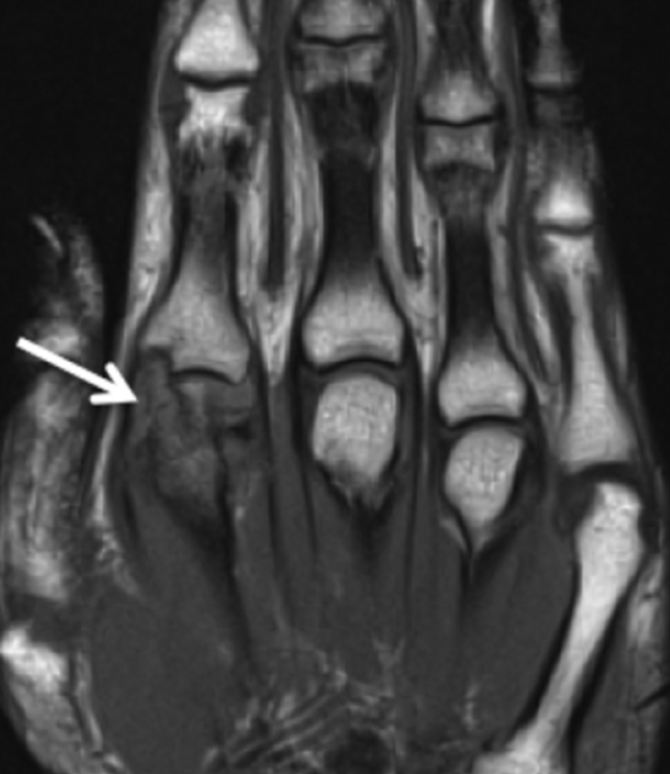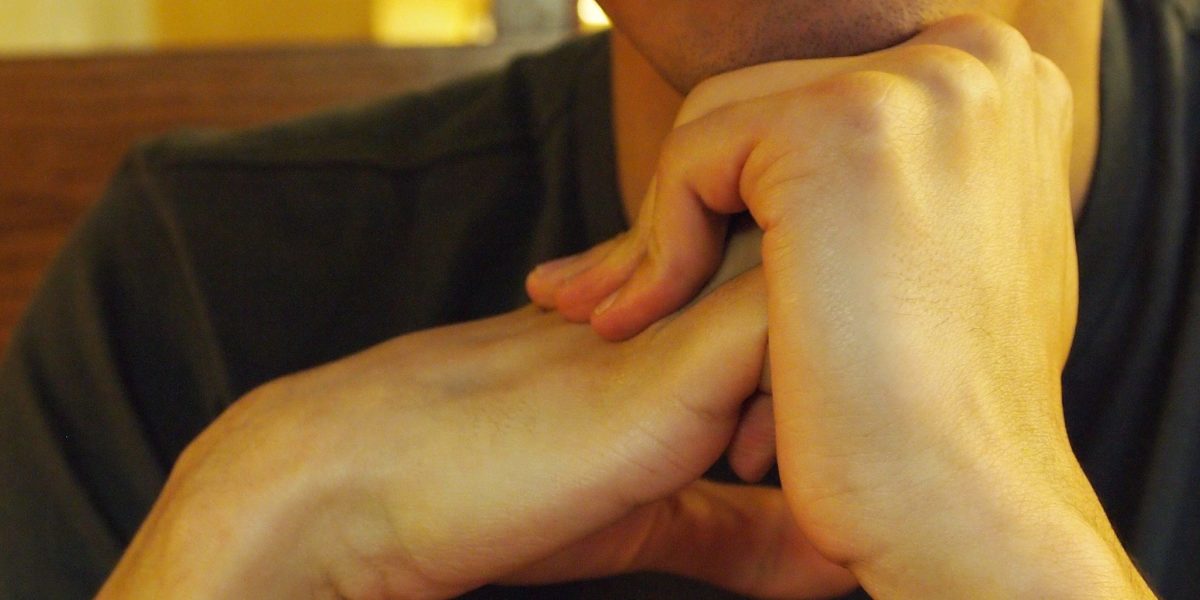When cracking your knuckles, one tends to hear a “pop” noise that is loud, sharp, and irritating to most. This noise can be addicting in the sense that it makes others want to crack their knuckles. The main questions that I focused my research on were “Does cracking your knuckles or joints cause potential health issues for your future?” and “ Why does cracking a joint such as your knuckles make a “pop” noise?”
Let’s first start with the science and biomechanics behind cracking knuckles. When one cracks their knuckles, the joints in their fingers are being pulled apart. This creates bubbles between the joints. These bubbles appear in the fluid between the joints which lubricates them, known as synovial fluid. These bubbles are what causes the noise that we hear when we crack our knuckles or other joints in our bodies. The synovial membrane consists of thin, connective tissue which lines the joints between bones in the human body. The membrane produces synovial fluid which lubricates the joints to provide movement. By bending and pulling apart the joints, this hollow space filled with synovial fluid releases pressure between the joints. The biomechanics behind this is that the oscillations of the pressure waves indicate the peaks of when one hears the “pop” noise. This peak of the wave produces the sound being heard when one crack’s their knuckles which can be determined from an acoustic pressure equation. Hence, why do our joints make this loud and sometimes aggravating sound?

MRI Image of a 29-year-old Male with Rheumatoid Arthritis. Taken from J Magn Reson Imaging. Burke2019
With this knowledge, we can ask ourselves, “does this potentially cause long-term health issues such as arthritis?” When we analyze the consistent cracking and bending of the joints in our body, we wonder if it overworks the joints, negatively impacting them. There has been a connection found between the relationship between cracking your knuckles and potential arthritis cases. Throughout the years, research has shown that one can diagnose someone with arthritis through Magnetic Resonance Imaging (MRI). For example, I investigated a patient MRI who was a male and 29 years old which is relatively young in the grand scheme of life. [1] Seeing the sections of the metacarpal bones being swollen and darkened in the joints which are indicated by the arrow on the image, shows deterioration over time. This was further researched and the MRI showed that erosion was occurring in the synovial membrane. Hence, this was caused by one cracking their knuckles over an extended period of time. It is possible that cracking your knuckles is connected to long-term negative effects, but further research should be done to dive deeper into this phenomenon.
References
[1] Burke, Christopher 2019, ‘MRI of Synovitis and Joint Fluid’, J Magn Reson Imaging, Vol. 6, pp.
1512 – 1527, DOI: 10.1002/jmri.26618
[2] Galozzi, Paola 2016, ‘The prevalence of monosodium urate and calcium pyrophosphate
crystals in synovial fluid from wrist and finger joints’, Rheumatology International, Vol. 36, pp.
443 – 446, DOI: 10.1007/s00296-015-3376-0
[3] Harvard Health Pain 2020, ‘Does cracking knuckles cause arthritis?’, Harvard Health
Publishing, https://www.health.harvard.edu/pain/does-knuckle-cracking-cause-arthritis
[4] Knutson, Jayme 2000, ‘Intrinsic and extrinsic contributions to the passive moment at the
metacarpophalangeal joints’, Journal of Biomechanics, Vol. 33, No. 2, pp. 1675-1681, DOI:
10.1016/S0021- 9290(00)00159-7
[5] Suja, V 2018, ‘A Mathematical Model for the Sounds Produced by Knuckle Cracking’, Nature:
Scientific Reports, Vol. 8, pp. 1-9, DOI: 10.1038/s41598-018-22664-4
[6] Youtube, https://www.youtube.com/watch?v=n3IYmdy6d4Y
Featured image cropped from Cracking Knuckles by Jaysin Trevino which is licensed under CC BY 2.0.
